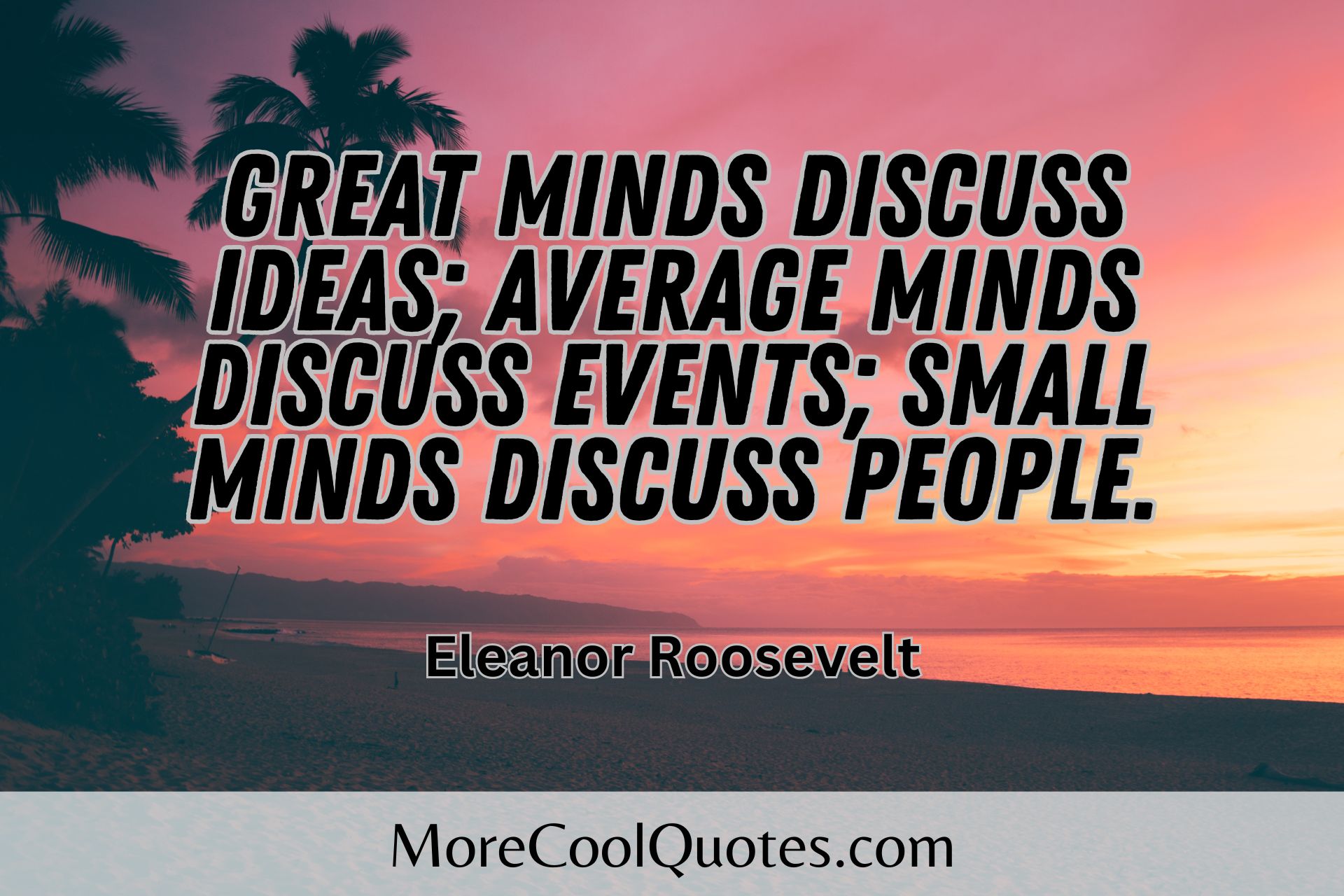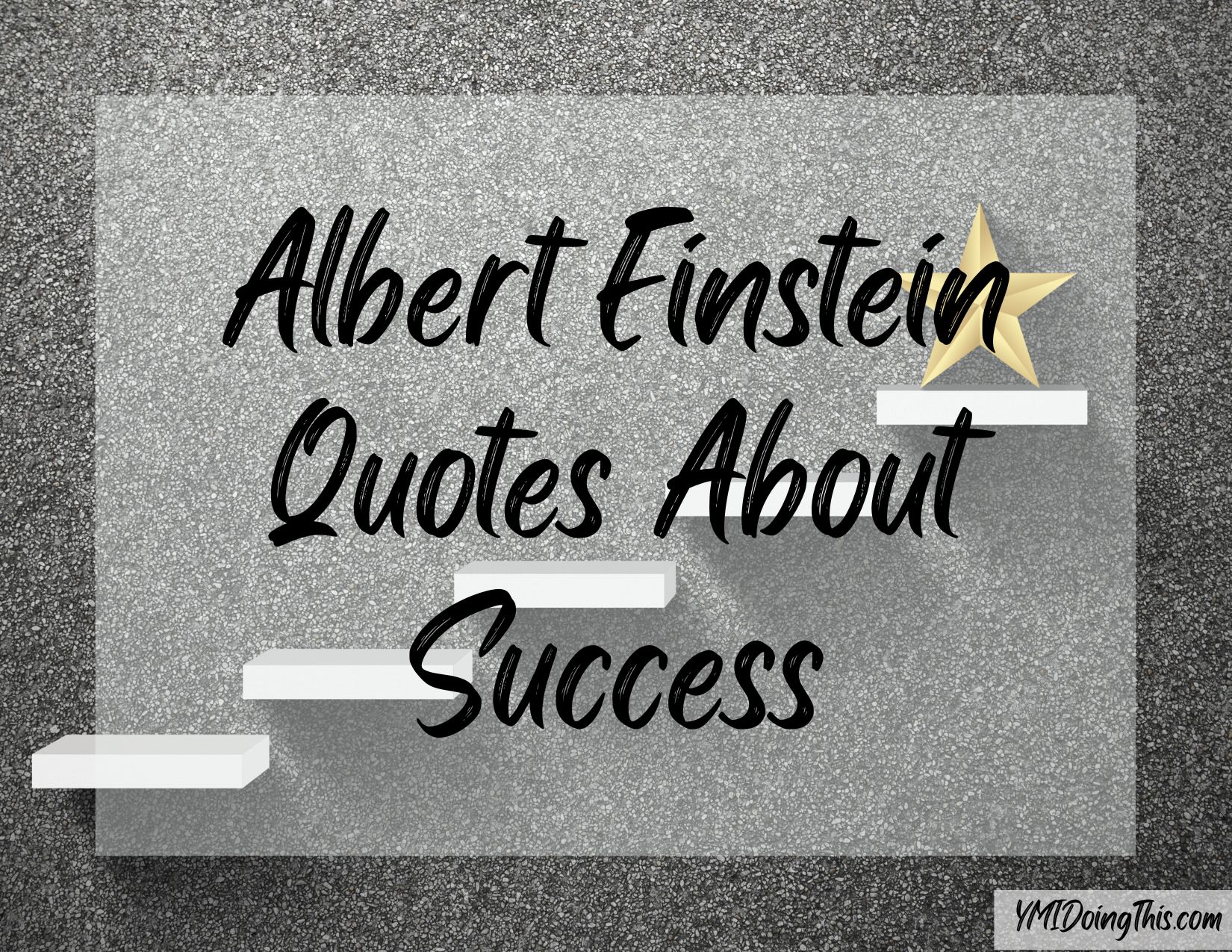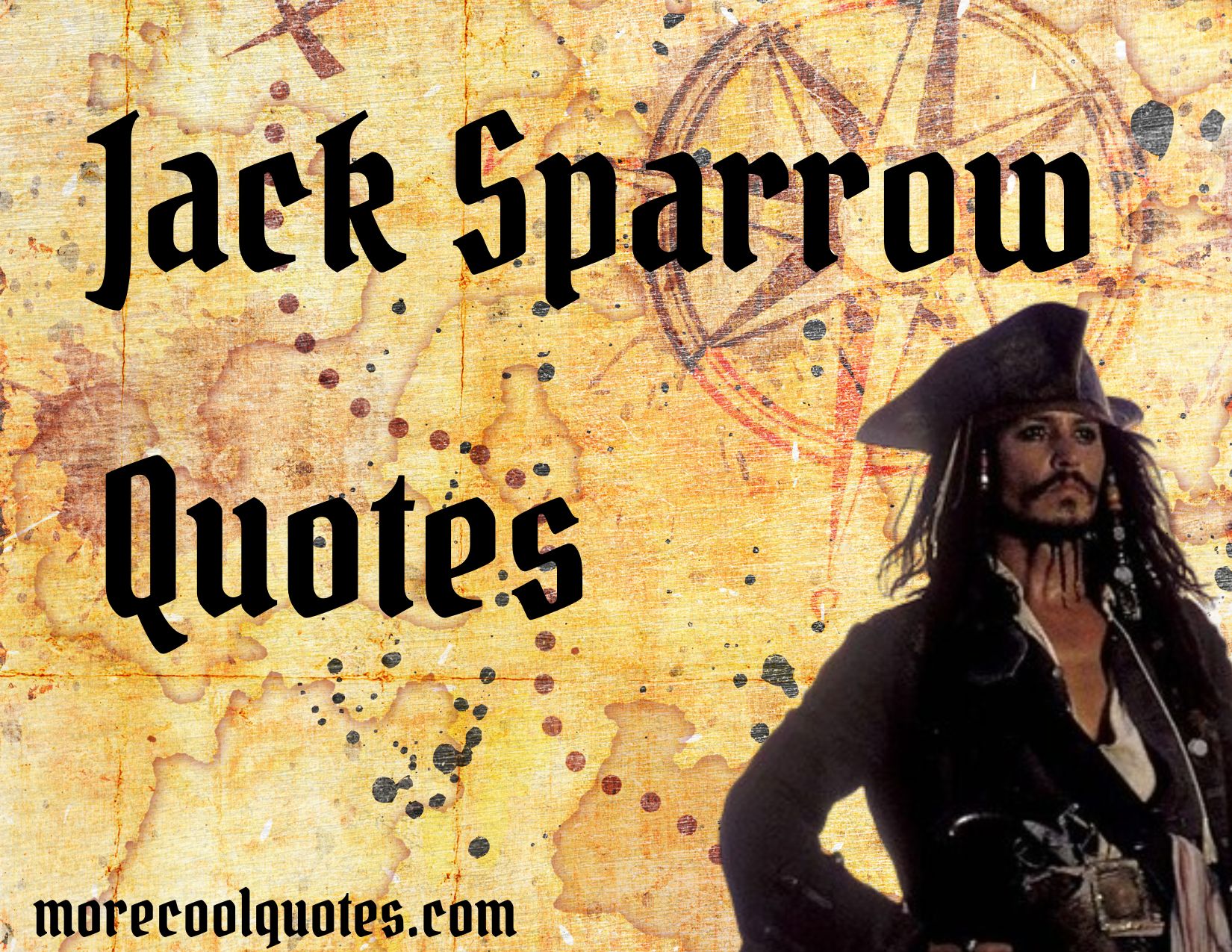Albert Einstein, the renowned physicist whose name has become synonymous with genius, had a profound understanding of the power of imagination. Through his groundbreaking work in theoretical physics, Einstein reshaped our understanding of the universe. However, beyond his scientific contributions, he also offered insights into the importance of imagination in shaping our perception of reality and driving innovation. In this compilation of Albert Einstein quotes about imagination, we take a deep dive into his profound thoughts on this vital aspect of human cognition and creativity.
Albert Einstein Quotes About Imagination:
- “Imagination is more important than knowledge. For knowledge is limited, whereas imagination embraces the entire world, stimulating progress, giving birth to evolution.” – Albert Einstein
- “Logic will get you from A to B. Imagination will take you everywhere.” – Albert Einstein
- “The true sign of intelligence is not knowledge but imagination.” – Albert Einstein
- “Imagination is the highest form of research.” – Albert Einstein
- “I am enough of an artist to draw freely upon my imagination. Imagination is more important than knowledge. Knowledge is limited. Imagination encircles the world.” – Albert Einstein
- “Imagination is everything. It is the preview of life’s coming attractions.” – Albert Einstein
- “The gift of fantasy has meant more to me than my talent for absorbing positive knowledge.” – Albert Einstein
- “Imagination is the power of the mind over the possibilities of things.” – Albert Einstein
- “To raise new questions, new possibilities, to regard old problems from a new angle requires creative imagination and marks real advance in science.” – Albert Einstein
- “Logic will never give us the full understanding of the world. It’s merely a way to organize the data of our senses. But the imagination grasps the whole of human experience.” – Albert Einstein
Albert Einstein: A Brief Biography and Accomplishments:
Born in Ulm, in the Kingdom of Württemberg, in 1879, Albert Einstein demonstrated an early curiosity and aptitude for mathematics and science. However, he faced challenges in traditional schooling due to his rebellious nature and unconventional thinking. Despite this, Einstein continued his intellectual pursuits, eventually obtaining a doctoral degree in physics from the University of Zurich in 1905.
Einstein’s most famous work, the theory of relativity, revolutionized our understanding of space, time, and gravity. His equation E=mc^2, which demonstrates the equivalence of mass and energy, is perhaps the most famous formula in physics and has had profound implications for nuclear energy and weaponry.
Throughout his life, Einstein remained committed to pacifism and social justice, using his fame to advocate for disarmament, civil rights, and international cooperation. Despite his iconic status as a scientist, Einstein saw himself as a humanist, emphasizing the importance of empathy, imagination, and ethical responsibility in the face of technological advancement.
Albert Einstein’s legacy extends far beyond his scientific achievements. His insights into the nature of reality, the power of imagination, and the responsibilities of citizenship continue to inspire generations of thinkers, activists, and dreamers striving to make the world a better place.



